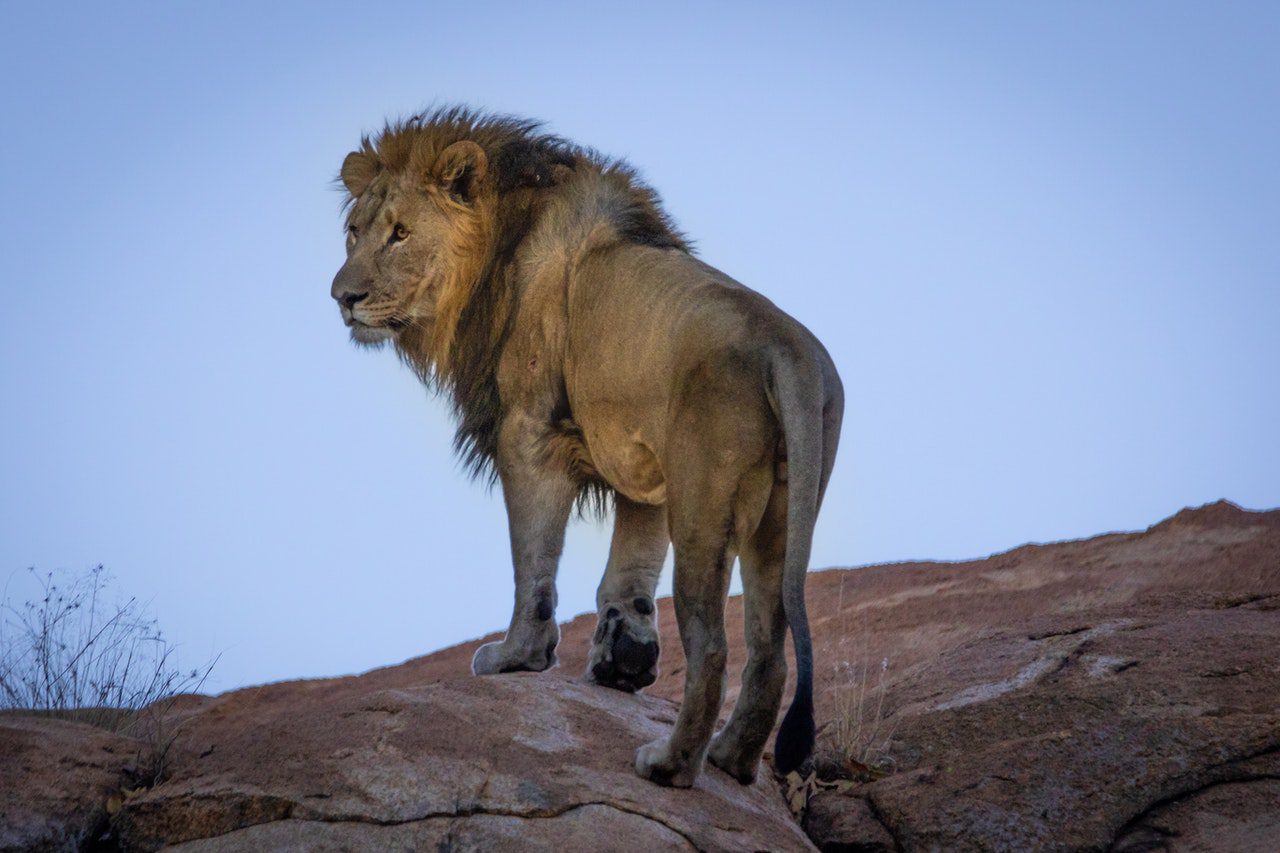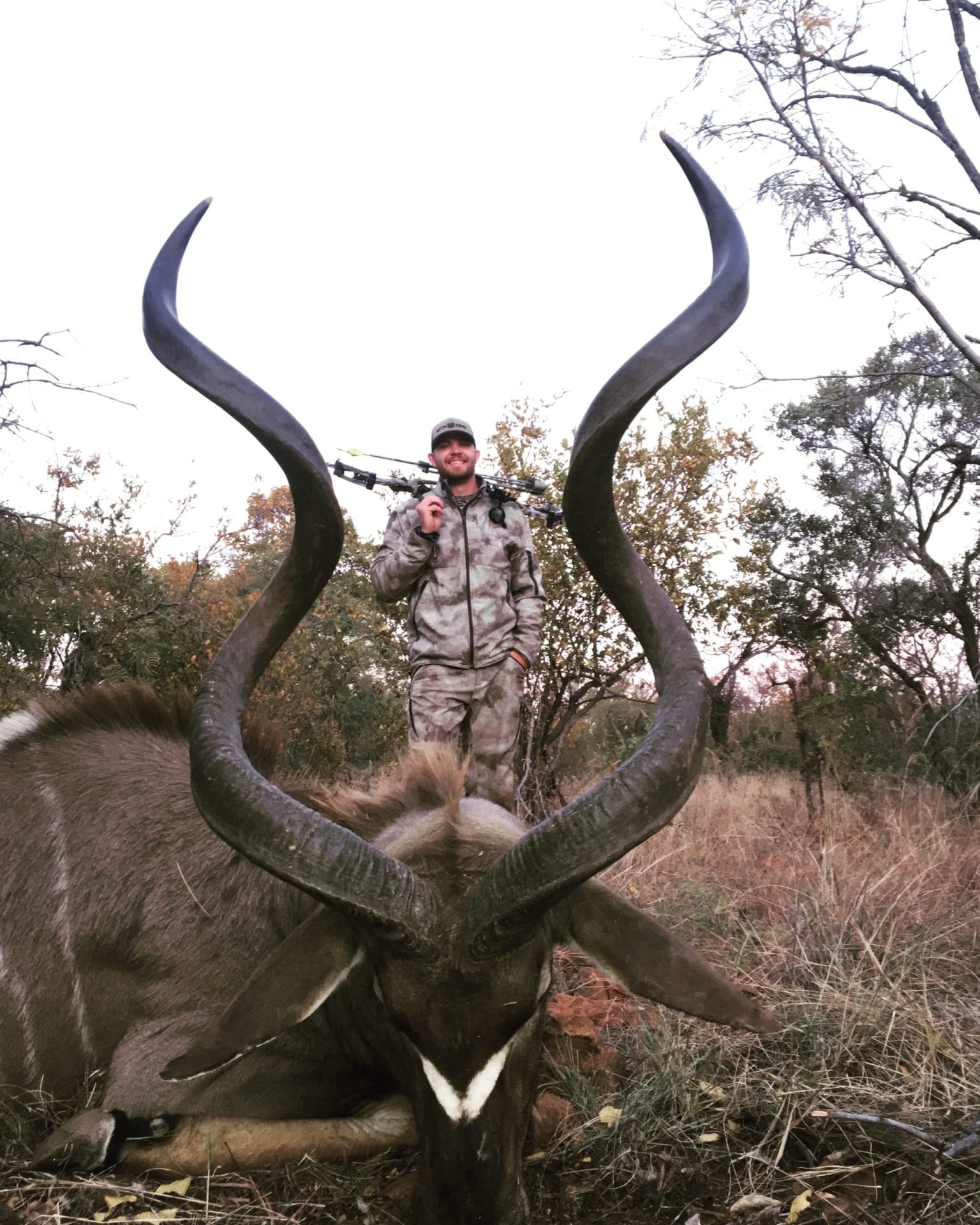The African Lion, also known as the king of the jungle, is one of the most majestic creatures in the world. But what happens when they turn against us and become man-eaters? The man eating lions in Africa ARE still an issue and even increasing in some areas. Western conservation efforts must take account of these matters not just because of ethical concerns about human life, but also for the long term success of conservation efforts and lion preservation. In this article, we will explore the problem of man eating lions in Africa and delve into the reasons behind this behavior.
The Famous Man Eating Lions of Tsavo
The lion’s proclivity for man-eating in rural areas of Tanzania increased greatly from 1990 to 2005. At least 563 villagers were attacked and many eaten over this period – a number far exceeding the more famed “Tsavo
” incidents of a century earlier. Another study of 1,000 people attacked by lions in southern Tanzania between 1988 and 2009 found that the weeks following the full moon (when there was less moonlight) were a strong indicator of increased night attacks on people.
Attacks in Kruger National Park
Author Robert R. Frump wrote in The Man-eaters of Eden that Mozambican refugees regularly crossing Kruger National Park at night in South Africa are attacked and eaten by the lions; park officials have conceded that man-eating is a problem there. Frump believes thousands may have been killed in the decades after apartheid sealed the park and forced the refugees to cross the park at night. For nearly a century before the border was sealed, Mozambicans had regularly walked across the park in daytime with little harm.
Man Eating Lions in Tanzania
Packer estimates more than 200 Tanzanians are killed each year by lions, crocodiles, elephants, hippos, and snakes, and that the numbers could be double that amount (which is why the hunting of lions in Africa is popular with native Africans), with lions thought to kill at least 70 of those. Packer and Ikanda are among the few conservationists who believe western conservation efforts must take account of these matters not just because of ethical concerns about human life, but also for the long term success of conservation efforts and lion preservation.
FAQs
Why do lions turn to man-eating?
Lions may turn to man-eating when their natural prey is scarce or when they are injured or sick.
Can man-eating lions be rehabilitated?
It is rare for man-eating lions to be rehabilitated due to the danger they pose to humans.
What can be done to prevent lion attacks?
Prevention methods include avoiding lion habitat, keeping a safe distance from lions, and carrying deterrents such as pepper spray.
How do lion attacks affect local communities?
Lion attacks can result in loss of life, injury, and loss of livestock which can negatively impact the livelihoods of local communities.
The problem of man-eating lions in Africa is a complex issue that requires a multifaceted approach. We need to balance the needs of humans and wildlife while implementing sustainable conservation strategies. By understanding the history, science, and human impact on lion behavior, we can work towards a better future for both humans and lions.
Live Like You Mean It
Contact Us
We've helped thousands of OI clients plan their adventures
Our team of professional consultants are ready to help you research, book and plan an amazing trip with one of our amazing outfitter partners around the world.
I didn't think an experience like this was possible.
This trip, was, for me at least not just a trip, for me it was a real adventure, a real experience. I love the wilderness and this trip afforded me the opportunity to connect with the Alaskan wilderness in ways very few people do. It was an experience I will never forgot in a place I can’t wait to get back to.
Oliver Fischer
The outfitter handled everything perfectly.
We were thankful that Outdoors International hooked us up with a great outfitter because they were able to find us an acceptable alternate on short notice. Overall the two year process to get this float in was seamless and worry free. Just like it should be.
Thank you,
Stan Masneri
What an amazing experience!
The lodge was out of this world! Our rooms, the delicious food, the incredible wildlife and the scenery were amazing. Our photo safari guide was truly exceptional and had us on animals almost constantly. We saw over 30 different species and had some incredible up close experiences. Africa is amazing!
Scott Navares
Copyright 2005-2026 © Outdoors International™ · All Rights Reserved.










